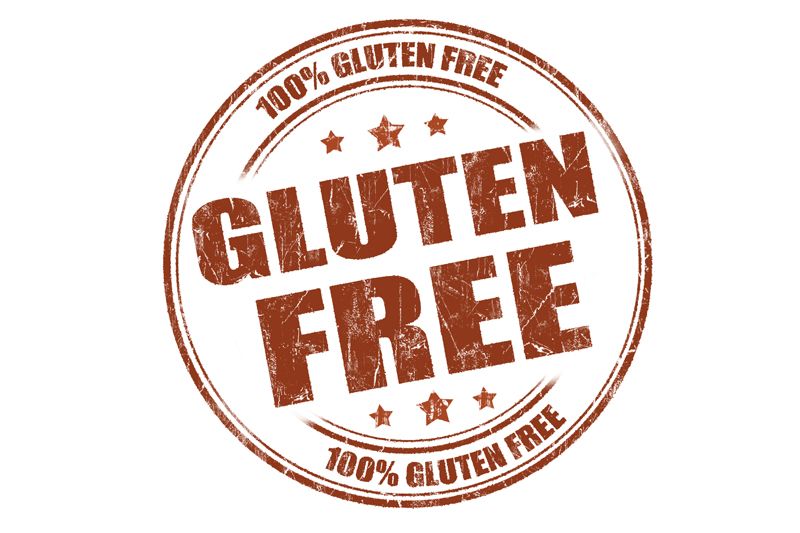Gluten-Free Certification for Dietary Supplements
Conditions include gluten-free ingredients sourcing, cross-contamination controls, and operational management.

Food manufacturers and brand marketers are already aware of how the gluten-free community is creating a growing demand for both gluten-free products and transparent, reliable product labeling. They, and to a lesser extent, supplement manufacturers, are increasingly seeking gluten-free certifications.
A number of organizations offer a gluten-free certification or seal for food and supplement products that meet specific criteria for gluten-free formulating, manufacturing, and processing. Most of the products that earn this type of recognition are still foods, but for supplement manufacturers who are serious about addressing the gluten-free market, certification is also advised.
“It is up to individual companies to look at how they approach their supply chains to determine if applying for gluten-free certification is worthwhile for them and will provide a return on investment,” advises Jennifer North, vice president, National Foundation for Celiac Awareness (NFCA).
Gluten-free products bearing the following certifications and seals must demonstrate gluten-free ingredients sourcing; adequate employee training; satisfactory cleaning practices, cross-contamination controls, and operational management; and more:
- NFCA’s Gluten-Free Certification Program (for finished products testing at 20 ppm gluten or less)
- Celiac Support Association’s Recognition Seal (for finished products testing at 5 ppm gluten or less)
- Gluten Intolerance Group’s Gluten-Free Certification Organization (for finished products testing at 10 ppm gluten or less)
- NSF International’s Gluten-Free Certification (for finished products testing at 20 ppm gluten or less)
On NSF’s Gluten-Free Certification, Lisa Thomas, general manager of dietary supplement programs, says, “NSF International is going to be taking a closer look at gluten in many different types of products, including dietary supplements and over-the-counter medication. Wheat and other gluten-containing ingredients are often used as excipients, which serve as fillers, binding agents, or other purposes that facilitate the manufacturing process and improve chemical stability of supplements and over-the-counter medications. This is changing as consumers seek products free of gluten.”
NSF has certified more than 70 gluten-free dietary supplement products so far. Thomas says demand for certification is up, so much so that NSF plans to further smooth the pathway. “We are currently working to bundle the required audits and testing for both NSF Gluten-Free and NSF Dietary Supplement and/or NSF Certified for Sport certification programs, which will make it easier and more efficient for dietary supplement makers to participate in both programs,” she says.
Also read:
Are Dietary Supplements Going Gluten-Free?
Dietary Supplements Rounding Out Gluten-Free Diets
Are Enzyme Dietary Supplements Safe for Celiacs?
Photo © iStockphoto.com/aydinynr
HHS announces restructuring plans to consolidate divisions and downsize workforce
Published: March 27th 2025 | Updated: March 27th 2025According to the announcement, the restructuring will save taxpayers $1.8 billion per year by reducing the workforce by 10,000 full-time employees and consolidating the department’s 28 divisions into 15 new divisions.










